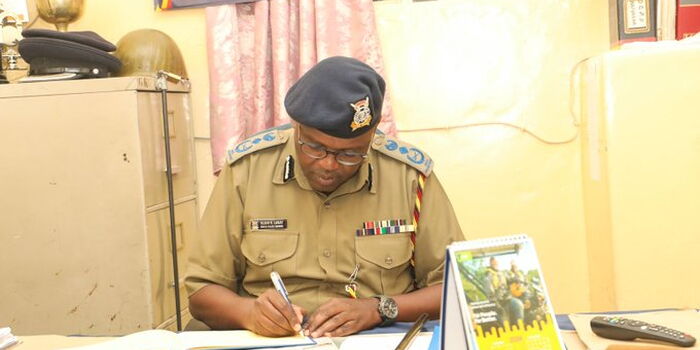World Ocean Day: Fishers urged to stop destructive methods, protect sea
Speakers stressed the urgent need for fishers to give back to the sea by prioritising its protection for repleted stocks.
The event, which was on the theme: “Wonder: Sustaining what sustains us”, brought to the fore the urgent need to protect the ocean, an essential resource that has long sustained life, secured food, supported livelihoods and preserved culture, particularly for coastal communities like Komenda.
The event was organised by the Central and Western Fishmongers Improvement Association (CEWEFIA), the Environmental Justice Foundation (EJF) and Hen Mpoano, an NGO, with support from the Norwegian Agency for Development Cooperation (NORAD).
The programme attracted stakeholders from the fisheries sector, academia, civil society and the local community, who pledged to safeguard the marine environment.
Dance, music and drama were used to communicate messages about ocean conservation and responsible fishing practices which stirred conversations among community members on the need to rethink how they interacted with the sea.
A representative from the Centre for Coastal Management at the University of Cape Coast, Dr Isaac Otchere, described the sea as one of humanity’s most vital natural resources that must be conscientiously protected.
He emphasised that the ocean was not just a body of water, but the very heartbeat of life on the earth which produced more than half of the oxygen that people breathed and served as a major source of protein for millions, especially in fishing communities.
However, he lamented that destructive fishing methods such as the use of chemicals, light fishing and undersized nets continued to damage fish stocks and pollute marine ecosystems.
“The ocean gives us oxygen, food, jobs and even medicine.
But human activities, such as chemical fishing and overfishing, are destroying this precious gift. We needed to stop exploiting the sea and start treating it as a friend,” Dr Otchere urged.
The Municipal Director of Agriculture for the Komenda-Edina-Eguafo-Abrem (KEEA) Municipality, Victoria Dansoa, expressed deep concern about marine pollution, particularly from plastic waste.
She noted that every year, millions of tonnes of plastics end up in the ocean, threatening marine life and endangering the health of coastal ecosystems.
“If you go to sea with plastics, you shouldn’t throw them into the sea
Put them in a container and bring them back.
The ocean is not a dustbin, it is our future,” she appealed to fishermen.
Representing the Executive Director of CEWAFIA, Victoria Koomson, the Programme Manager of the organisation, Nicholas Smith, reminded participants that the ocean continued to nourish lives, support families, and regulate the global climate.
“The ocean doesn’t complain, yet it gives us everything. But if we continue to destroy it, we destroy ourselves,” he cautioned.
The Central Regional Director of Fisheries and Aquaculture, Isaac Damoah, expressed disappointment that despite years of education and awareness, harmful practices such as illegal fishing and pollution were still ongoing.
Some of the fishers said the ocean had given so much to humanity, and it was time to give back through responsibility, respect and restoration by adopting sustainable fishing practices.












